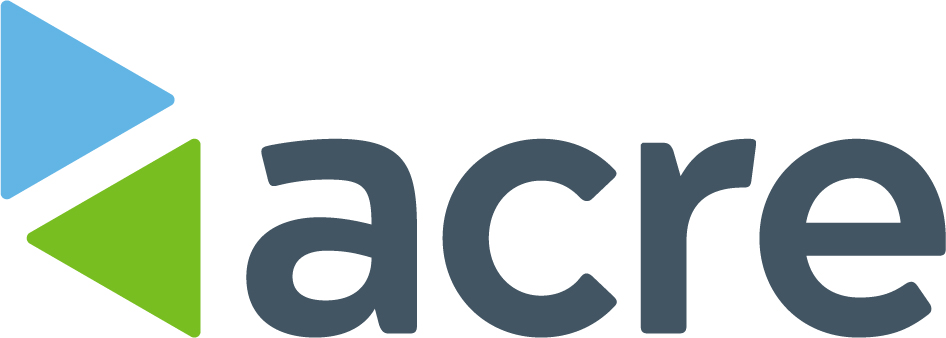The Case for the Social Board (and How to Build One)
An ‘ideas menu’ for connecting the board of directors with society

Click here to download the report
For many company boards, tackling the unmet needs of society is an aspiration that can be delegated to Corporate Social Responsibility teams. They see government as primarily responsible for addressing challenges such as climate change and mental illness, leaving boards to focus on shareholder value. The main argument in this paper is that the relationship between business and society has reached a point where the voice of society needs to be introduced explicitly as a stakeholder in the boardroom. In addition, token CSR programmes should be scrapped for creating a false sense of security.
This paper will cover:
- What is a Social Board?
For the purposes of this report, a ‘Social Board’ is a state where the highest decision-making forum is an organisation treats society as a key stakeholder. In a UK listed company this is typically a unitary board including both non-executive and executive Directors. In other jurisdictions this could be a supervisory board.
- Why build a social board?
Business is operating at the margins of its relationship with society. Executive pay, tax avoidance, worker conditions and climate change are just some of the issues where companies and boards are facing increasing public scrutiny. Sharp declines in trust suggest many businesses are struggling to appreciate the extent of the problem, or shape a sufficient response.
- 5 ways to build a social board
Improving diversity
Stakeholder Advisory Panels
Deep Immersion Processes
Chief Society Officers
Social Non Execs
This Paper sets out practical ways for boards to connect with society; moving beyond CSR to social purpose being integrated into strategy and the way we do business; how leadership can benefit from diversity to bring wider perspectives to bear; how what we choose to shine a light on can create a shift. This paper invites us all to be part of that journey.
-Sacha Romanovitch, CEO of Grant Thornton UK
Short v’s long term
In 2012, Unilever halted its quarterly earnings guidance to the stock market, signalling its focus on long-term decision-making. Many societal decisions are long term in nature, and the few boards that consistently run their business on a short-term basis will likely see little need for a Social Board. For boards with long-term outlook, the case appears to be robust.
The link with society
We are not aware of any studies of the link between board diversity and how a company responds to the needs of society. It makes intuitive sense, however, that a greater range of gender, race, skills, thought, experience and background is likely to bring greater societal awareness into board conversation.
Evidence of diversity benefits
McKinsey has identified a relationship between a more diverse leadership team and better financial performance. Based on 2010-2013 data, companies in the top quartile for gender diversity are 15% more likely to have financial returns above their national industry median.
Official Data Partner
Datamaran has provided contextual data on the rate of uptake of the actions considered in this report. This data is drawn from its proprietary, AI-powered platform, which contains corporate reports from the largest 300 listed companies in the UK, and the largest 7,000 listed companies globally.

